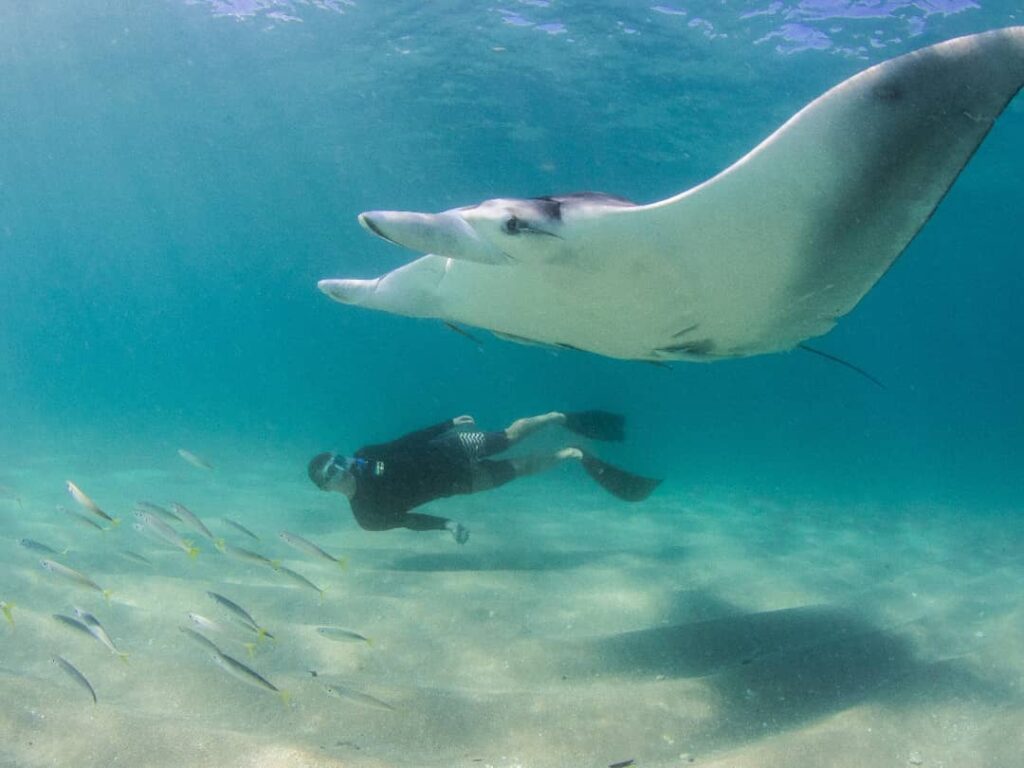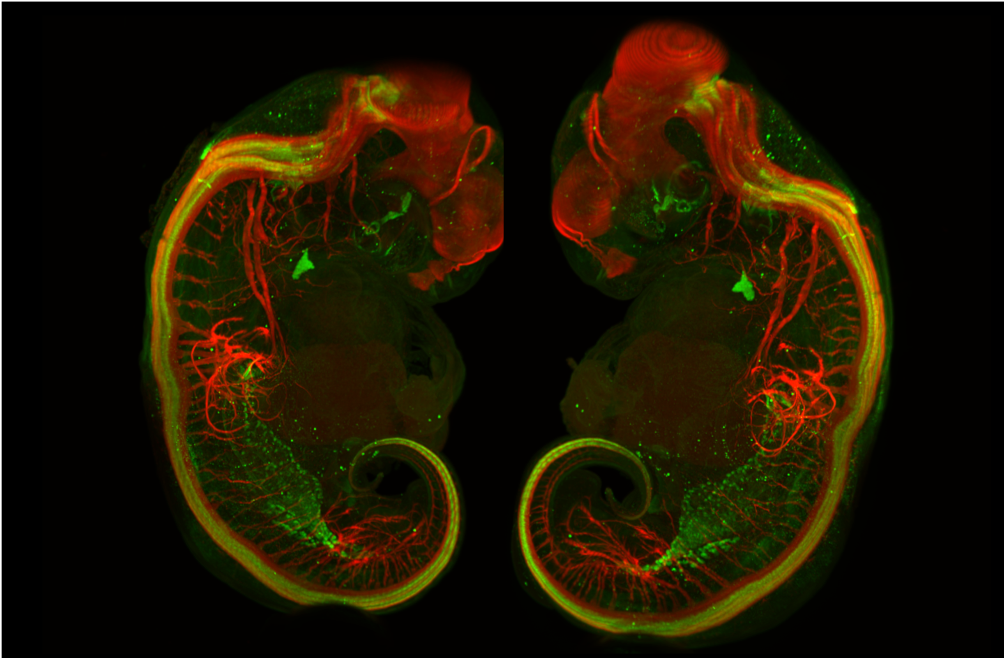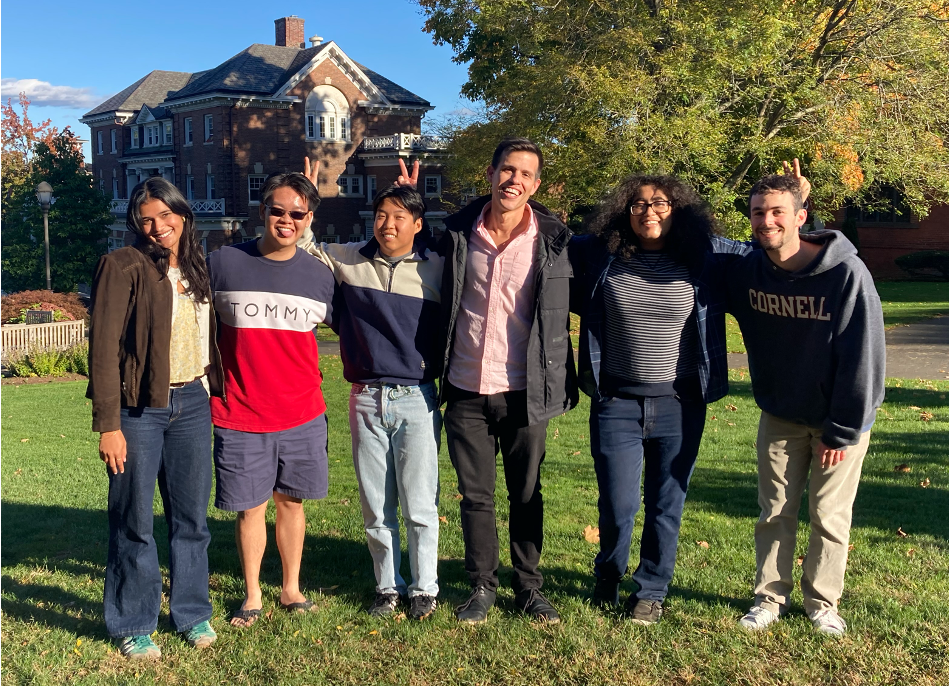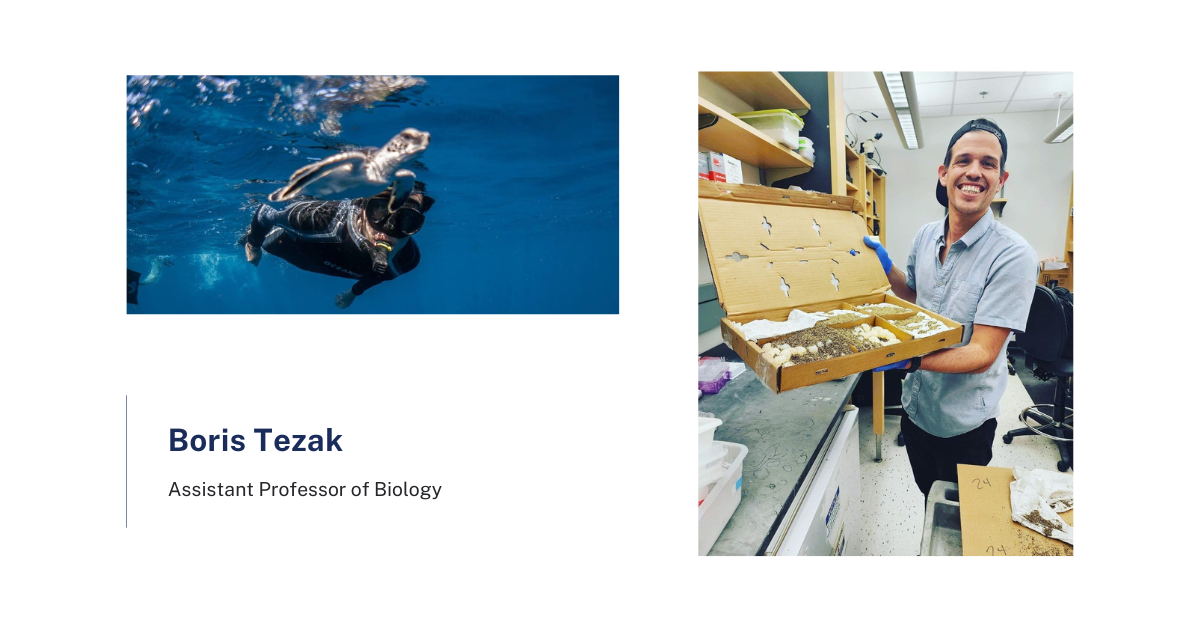Hot Chicks and Cool Dudes, this is one phrase that summarizes Professor Tezak’s work. In more complex words, Professor Tezak studies how rapidly changing temperatures affect the stability of turtle populations and how the temperature of the nest where eggs are laid affects the sex of sea turtles. Professor Tezak started at Wesleyan this past fall and comes to Wesleyan from Duke University where he was a Postdoctoral Researcher.
Boris grew up in Caracas Venezuela until at age 13 he immigrated to South Florida. He said that growing up in Venezuela there was little information about and knowledge of how to pursue a career in scientific research. This path was unbeknownst to him at a young age but one thing he did know is that he was fascinated with nature and how it worked. He wanted a career where he could be outside and could draw upon his interests in fishing, scuba diving, and snorkeling. This drive to be connected to the outdoors gave him his first research experience.

Professor Tezak was sitting in his comparative animal physiology class at FAU when his professor asked students if anyone would be willing to help relocate turtle eggs to help keep them safe from an impending hurricane. Professor Tezak volunteered because helping meant being outside. This first experience with research, which in his words was just picking up eggs, was where things started to click. He began volunteering more and more with this professor and on top of the experiences her enthusiasm about the topic was eye-opening for Professor Tezak. As he volunteered more, he became super interested in not just the turtles but the idea of sex determination and how much of this is influenced by the environment. He went on to continue his PhD looking at sex determination and developing methods for sex determination of turtles the day they hatch. At Wesleyan Professor Tezak is continuing his work with vertebrate sex determination and how environmental change influences this.

On top of continuing his scientific research by leading a lab here at Wesleyan, Professor Tezak also gets to assemble a diverse team of students and researchers. Professor Tezak mentioned that he wants to be a mentor for other Venezuelan’s interested in science. When Boris met a Venezuelan research professor for the first time, he mentioned feeling a bit disillusioned because the professor was quite unenthused when he told him he was also Venezuelan and an aspiring scientist. Boris said this lack of ‘excitement’ from the professor both discouraged him but also motivated him to become a scientist and to be the mentor to others who may also be looking for that role model he sought out. As he aims to grow his lab group and lay his roots here at Wesleyan, Professor Tezak aims to create an intentional community in his lab with students from diverse backgrounds with diverse ideas and perspectives. Boris mentioned that often people feel discouraged or unable to ask professors to get involved with their work and in their lab, especially students from lower socioeconomic backgrounds and immigrant backgrounds. By creating an intentional community in his lab Boris aims to let students know about opportunities available to them and help take away the pressure that comes with making that first step of getting involved with research.

While making opportunities available to Wesleyan students Professor Tezak also aims to be involved in communicating science to the broader Middletown Community.
“I think science communication is really, really important, and knowing how to, you know, pitch your research to different age groups, but also levels of expertise. And it brings into question what’s the point of doing scientific research if it’s done in a bubble.” Professor Tezak’s thoughts about communicating scientific research and the importance of not doing science in a bubble is something that resonated with students and a younger generation of scientists. Getting the public interested in science helps acquire more funding for research and helps foster the next generation of scientific leaders.
Overall, Wesleyan is lucky to have Professor Tezak here and I cannot wait to see how his teaching, research, and lab grow over the next few years and see how Professor Tezak’s building of an intentional community helps his research and his students flourish here at Wesleyan.
Visit https://tezaklab.com/ to learn more about Professor Tezak’s research and work.


